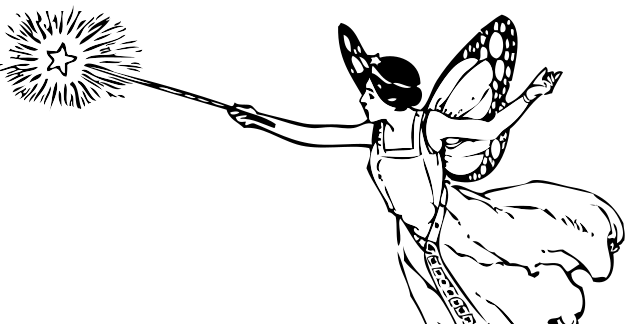It’s my tradition to give each graduating class a book. I pick something different for each class, something that I hope will speak to your souls as you transition into life beyond high school. Or, if you don’t read it right away, I like to think God might knock it off your shelf when you’re looking for something else, at another time in your life when you could really use this particular text.
I’ve seen so many of you come alive talking about your favorite stories – whether in books, cinema, or theater. This combined love of drama and storytelling was evident even back in 9th grade when you all spoofed Macbeth so brilliantly. Since then, you’ve performed in plays and musicals, discussed literature with gusto, and spoken cogently about the importance of everything from common mythical motifs and the adaptation of stories to the dramatic qualities of musicals and the exposition, screenwriting, technology, and worldviews of films. (We couldn’t have picked a better class to participate in our first-ever Shakespeare Symposium!)
So it seemed fitting to give you all as a graduation gift a story that is itself an homage to storytelling: The Smith of Wootton Major, by J.R.R. Tolkien. It is seen by many as Tolkien’s own personal farewell to the art of storytelling, as it was the last story he wrote, published when he was 75. In it, a young boy is given the gift of a small silver star which, one day, magically affixes itself to his forehead. The boy grows up to be a blacksmith of great talent in Wootton Major, making not only items of practical use but also wrought-iron items of great beauty. But the star gives him the ability to travel out of Wootton Major to the land of Faery, which he does many times throughout his life. Coming from Tolkien, the master of 20th Century fantasy, these trips to Faery are pretty clearly a representation of the author’s many imaginative journeys to the lands of his famous stories. Taken more broadly, however, a trip to Faery can be seen as not only the creation but also the enjoyment of good stories – something all of us experience every time we read a novel, go to the ballet, watch a good film, or sing along with a favorite musical.
There’s a reason such experiences stay with us. Each time the Smith goes to Faery, he encounters things he does not understand and has adventures that are sometimes dangerous. And every time he returns to Wootton Major, the star on his forehead shines, recalling the face of Moses upon his return from Mt. Sinai. Moses, of course, was not permitted to see the face of God, but was allowed to see his back as God’s glory passed in front of him. This is, in a small way, what good stories do for us: they reflect to us God’s glory by showing us a small portion of truth, goodness, or beauty. These transcendentals naturally leave us with a longing for their divine source. As Syme says in The Man Who Was Thursday, “That is not a tree, but the back of a tree. That is not a cloud, but the back of a cloud…If only we could get round in front!”
Of course, not all stories reflect God’s glory, or at least not very well; as many of you have pointed out in your keynotes and theses, the quality of various aspects of a story and its medium figure dramatically in how true, good, or beautiful that story is. In The Smith of Wootton Major, Tolkien draws a clear contrast between the Faery Queen herself and the saccharine, cutesy representation of her atop the cake at the Feast of the Good Children. As sweet as the candy figure is, it’s nothing compared to the Smith’s experience of dancing with the Queen herself on his final trip. Part of the reason the cake-topper fairy falls so flat seems to be because the cook who orders its creation doesn’t even believe in fairies. Similarly, it’s nearly impossible for someone who does not believe in the divine origins of truth, goodness, and beauty to create something that reflects God’s glory. That’s why our culture desperately needs Christians in the arts; so that whether by their writing, acting, production, or influence, they can craft stories that truly give us a taste of something heavenly.
So here’s to crafting, reading, watching, and enjoying the good stories. They may only be a glimpse of that which we truly long for, but as the Faery Queen says, better that “than no memory of Faery at all.” I wish you all many wonderful journeys to the land of Faery, Class of 2025!


